First Place
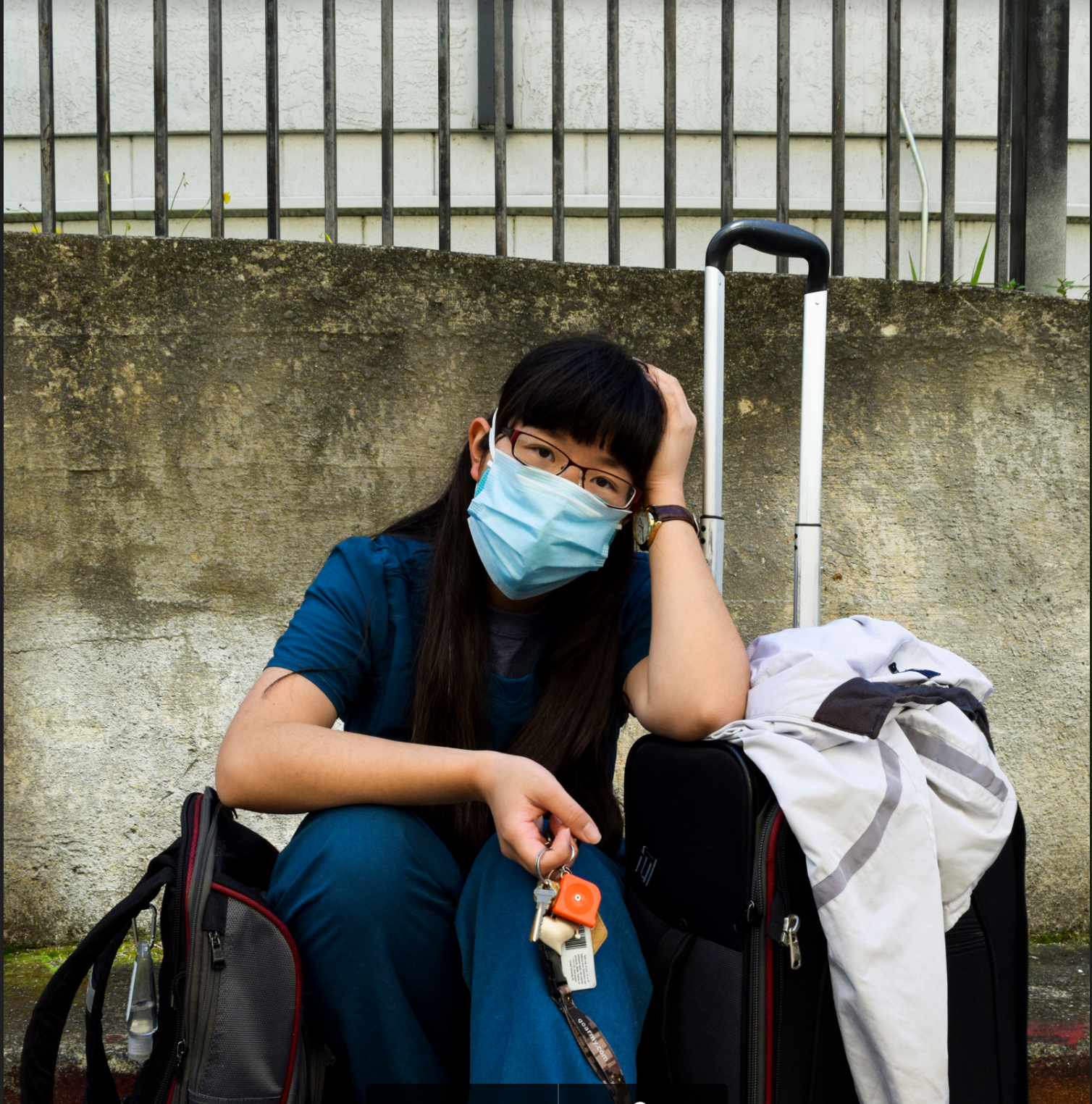
Author: DEBORAH CHEN
Campus: UC Berkeley
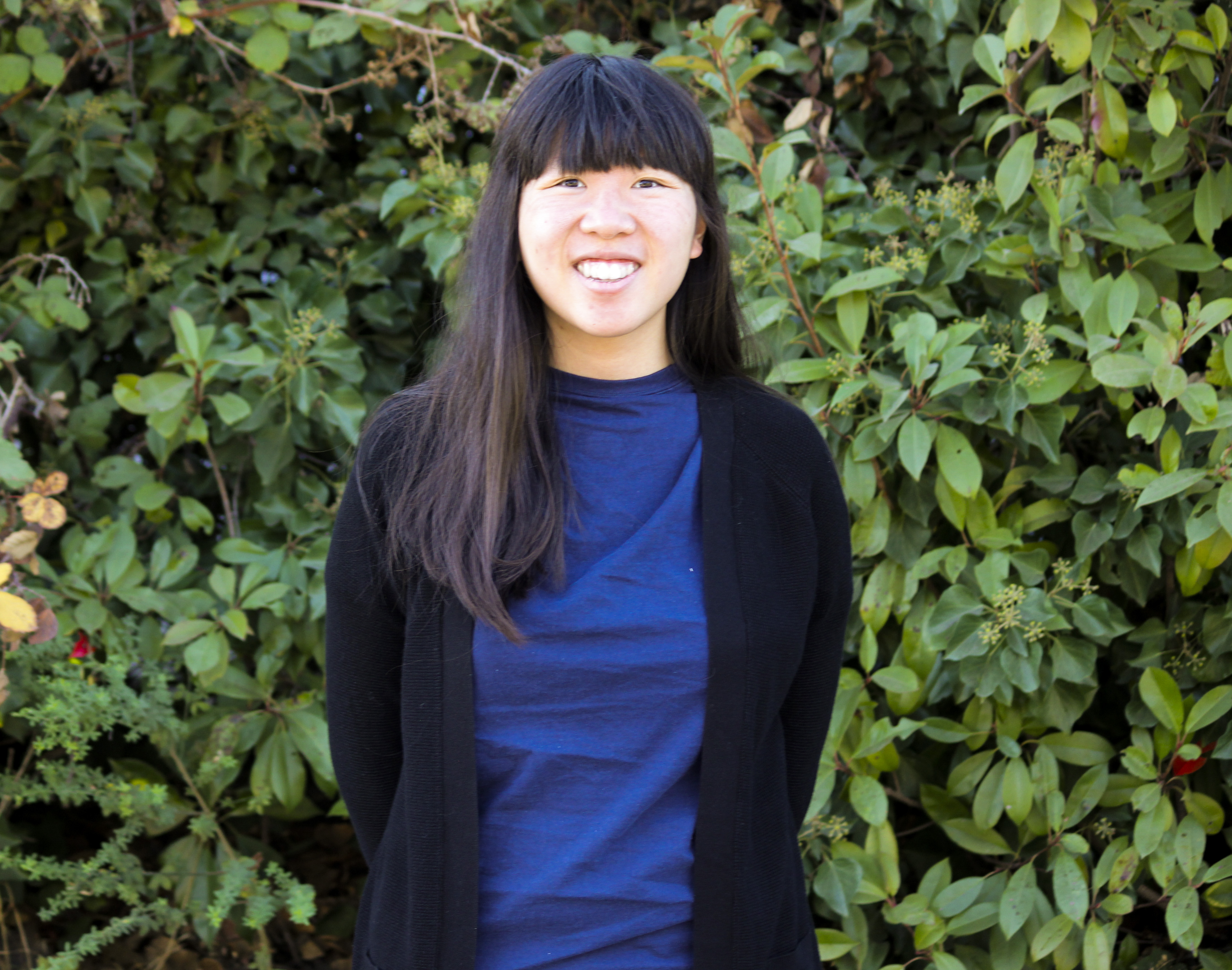
Photographer Statement: "Last December, I was illegally kicked out and forced to walk an hour in the dark with my suitcases to a hotel near Richmond, CA after I told my landlord I could have COVID-19. I was not only exhausted from working as a medical assistant and surviving on minimum wage, but also I was afraid I would be targeted for being an Asian American woman with the recent rise of Asian hate crimes. After I tested negative for SARS-CoV-2, I moved out of my previous living space in Richmond to one located in Berkeley, but I did not expect to be kicked out again out of fear that I can potentially get my previous roommates sick from COVID-19 even when I was scheduled for my COVID vaccine. Luckily, I quickly found another place in Berkeley, but I am in the process of looking for another place in the East Bay. Even so, I am fortunate to have my church, family, colleagues, doctors and friends to support me through this ordeal. Nonetheless, I worry about those who are not as lucky as me."
Second Place
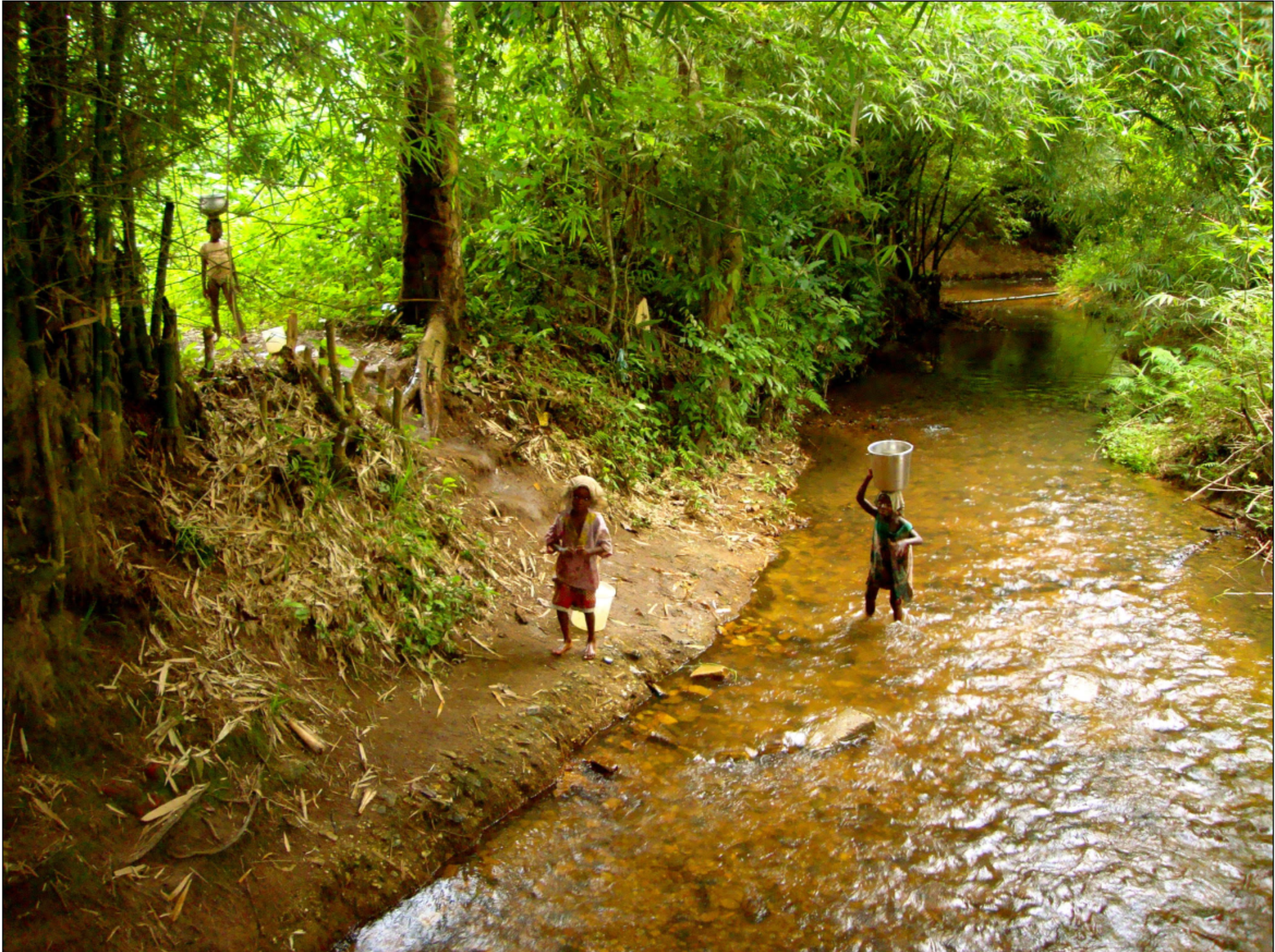
Author: JAMES ABOAGYE
Campus: UC Davis
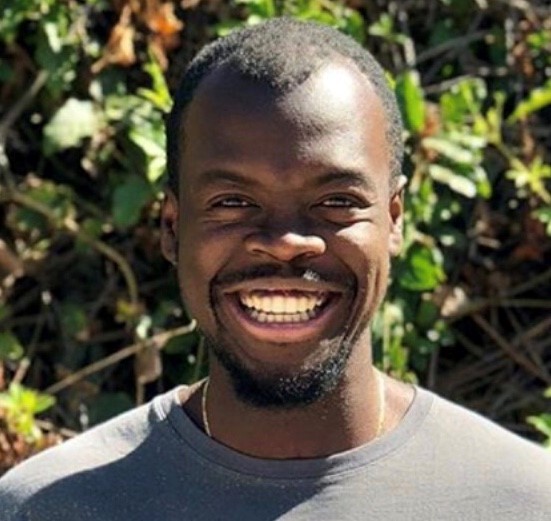
Photographer Statement: "On a trip to Ghana, a place that is apart of my history and culture, I saw these kids coming to the river to get water to take back to their town. It pushed me to think about how such a simple thing as water, isn't so simple and accessible to everyone. The privilege I am afforded in having access to clean running water within my home is an aspect of my life I should not take for granted. The social justice aspect of this image was the idea and realization that access to clean water is still a problem even within 'the country of opportunities.' Flint, Michigan has not had clean water since April 25, 2014 which remains a problem. Water is a human right!"
Third Place
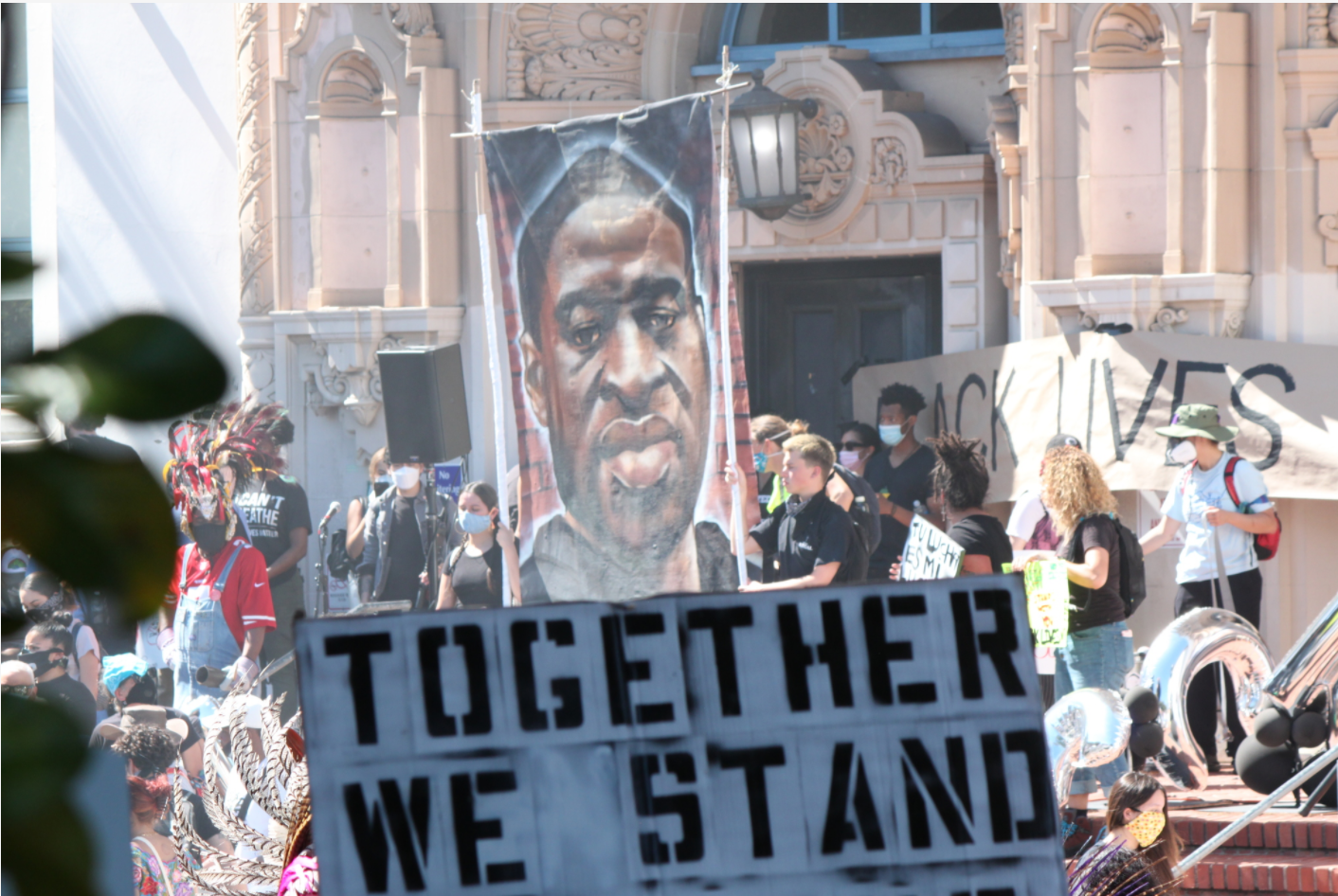
Author: ANDREW NOGALIZA
Campus: UC Davis
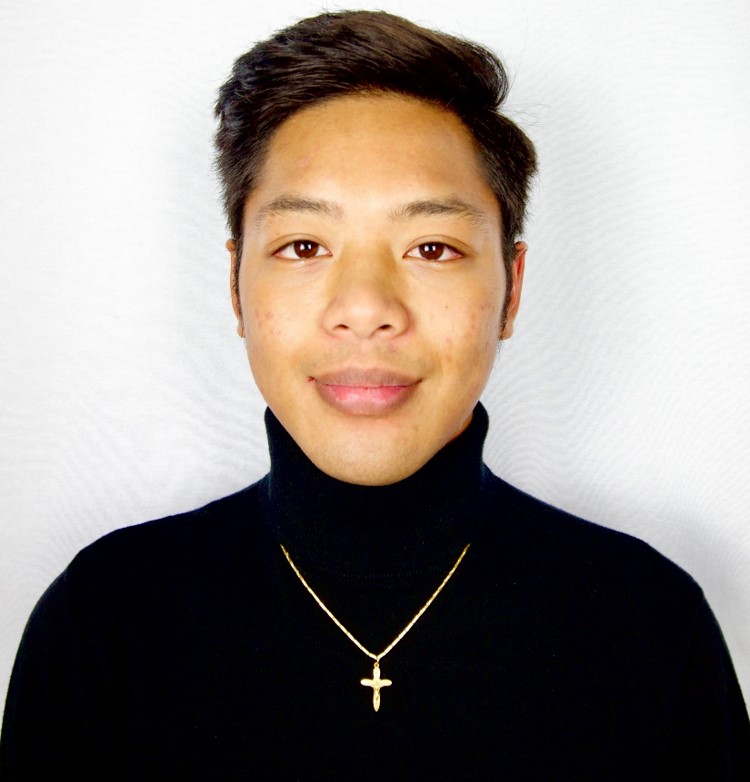
Photographer Statement: “ In 2020 not only did we see a pandemic sweep our nation, we also saw rampant injustice for African Americans in our country. George Floyd was filmed being murdered by Minneapolis police officer Derek Chauvin. This incident sparked protests across the U.S. calling out police brutality and demanding to defund the police. In San Francisco, Simone Jacques, a student at Mission High School organized a protest and demanded that the officers involved be held accountable. They also advocated to defund the police and allocate those funds to develop programs that focus on mental health and the overall well-being for BIPOC (Black, Indigenous, People of Color).”
Honorable Mentions
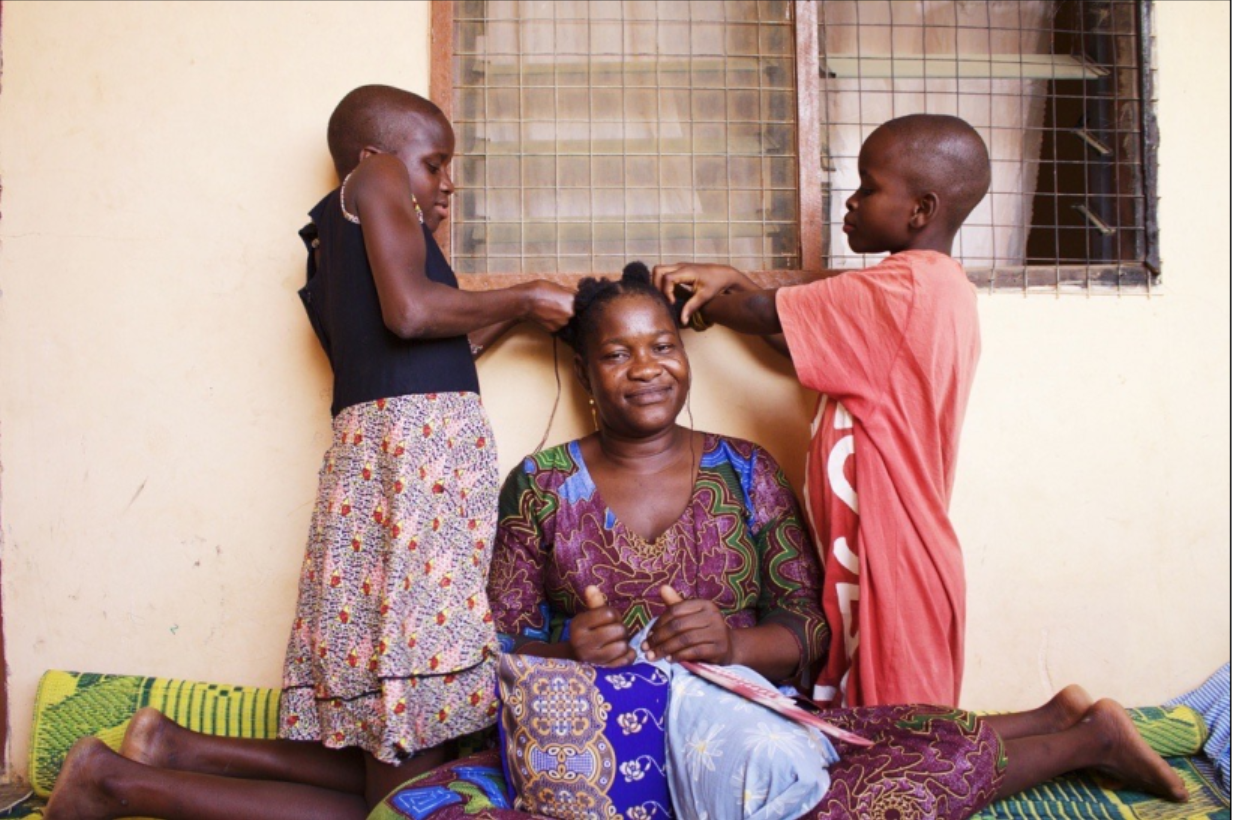
Author: SWATI SUDARSAN
Campus: UC San Francisco

Photographer Statement: "While I was in Nangodi, Ghana conducting field research on the effects of indoor residual spraying for malaria, I lived with a host family that had previously been forced to sleep outside for a week during the spraying program. After a week, they were allowed back inside their homes, but questioned their exposure to residual chemicals. In this photo, my host mother, along with her nieces, pass the day outdoors. A year later, she was part of a woman-led business that creates neem-based insect repellents using sustainable, local products that are safe indoors and safe for children."
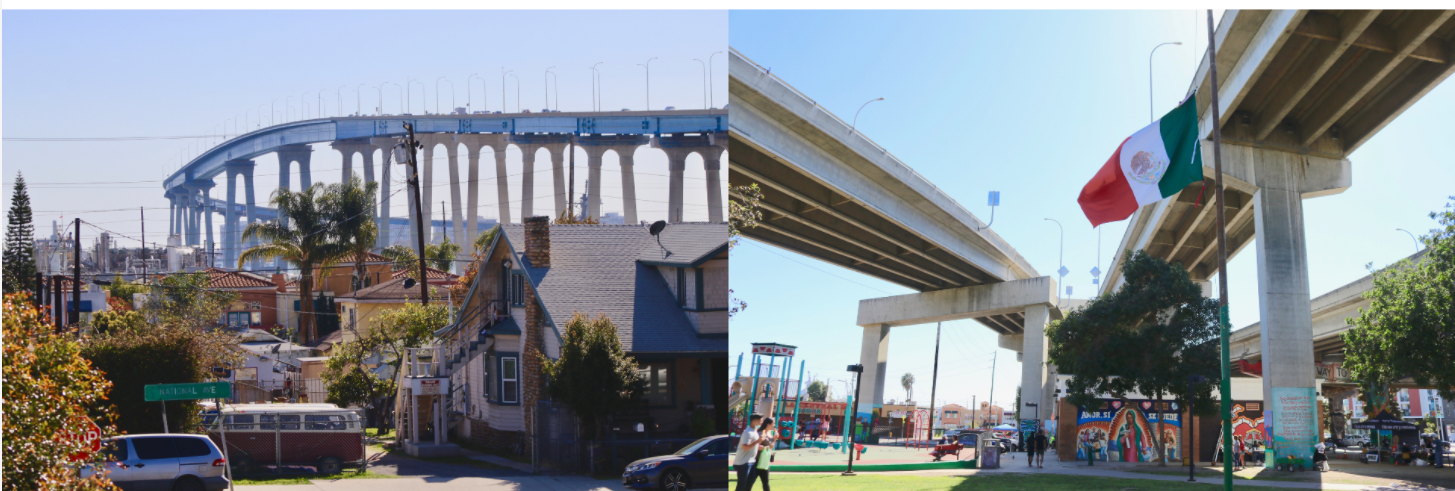
Author: ANAMARIA ANCHETA
Campus: UC San Diego
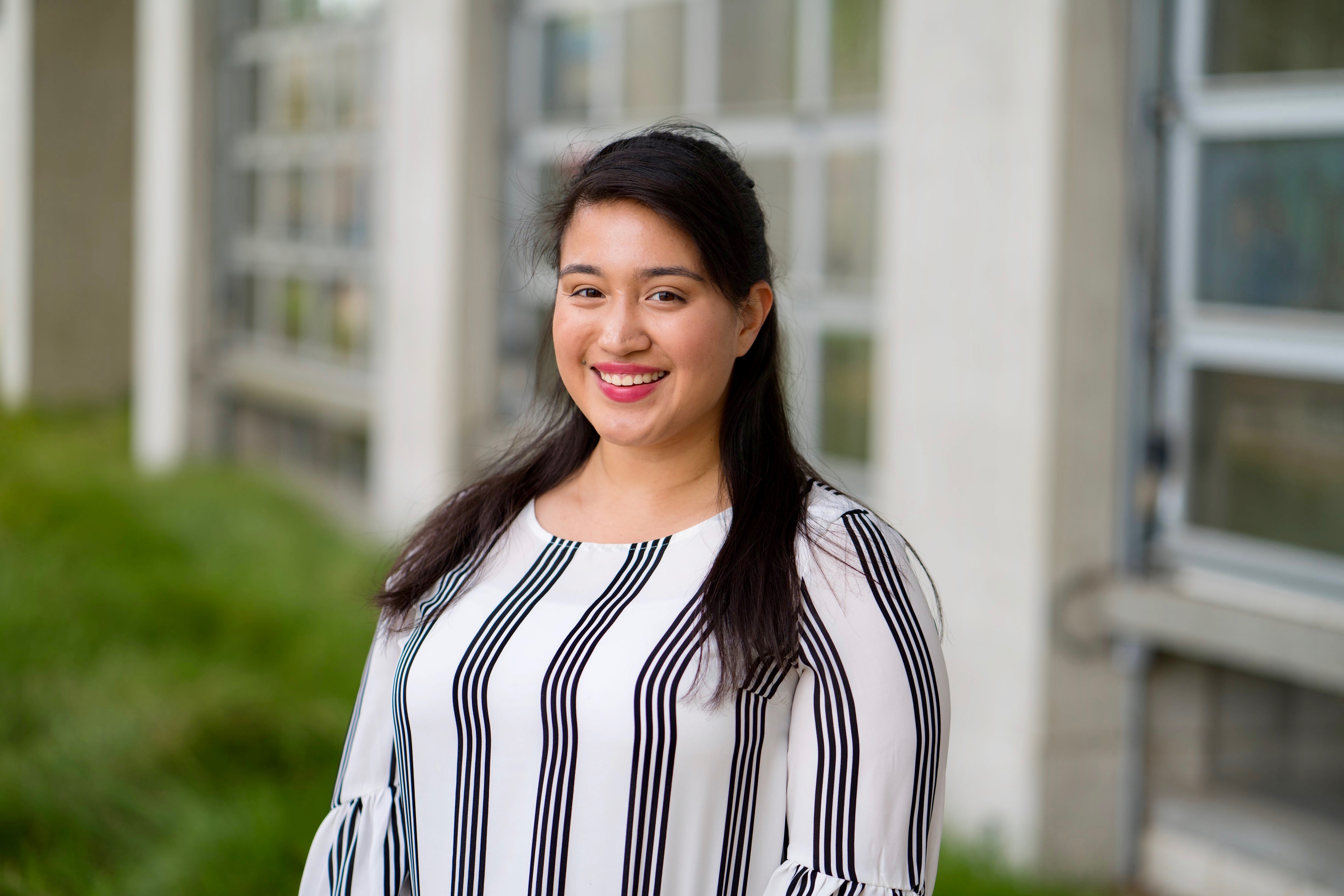
Photographer Statement: "Fractionated by the Coronado Bridge, Chicano Park and the surrounding residential area of Barrio Logan experience increased air pollution from cars crossing from the interstate five highway. This has led to residents in the area to experience higher rates of asthma, a pre-existing health condition that can play a large role in the susceptibility of COVID-19. The predominantly Latino population living in Barrio Logan and South San Diego has experienced higher rates of COVID-19."
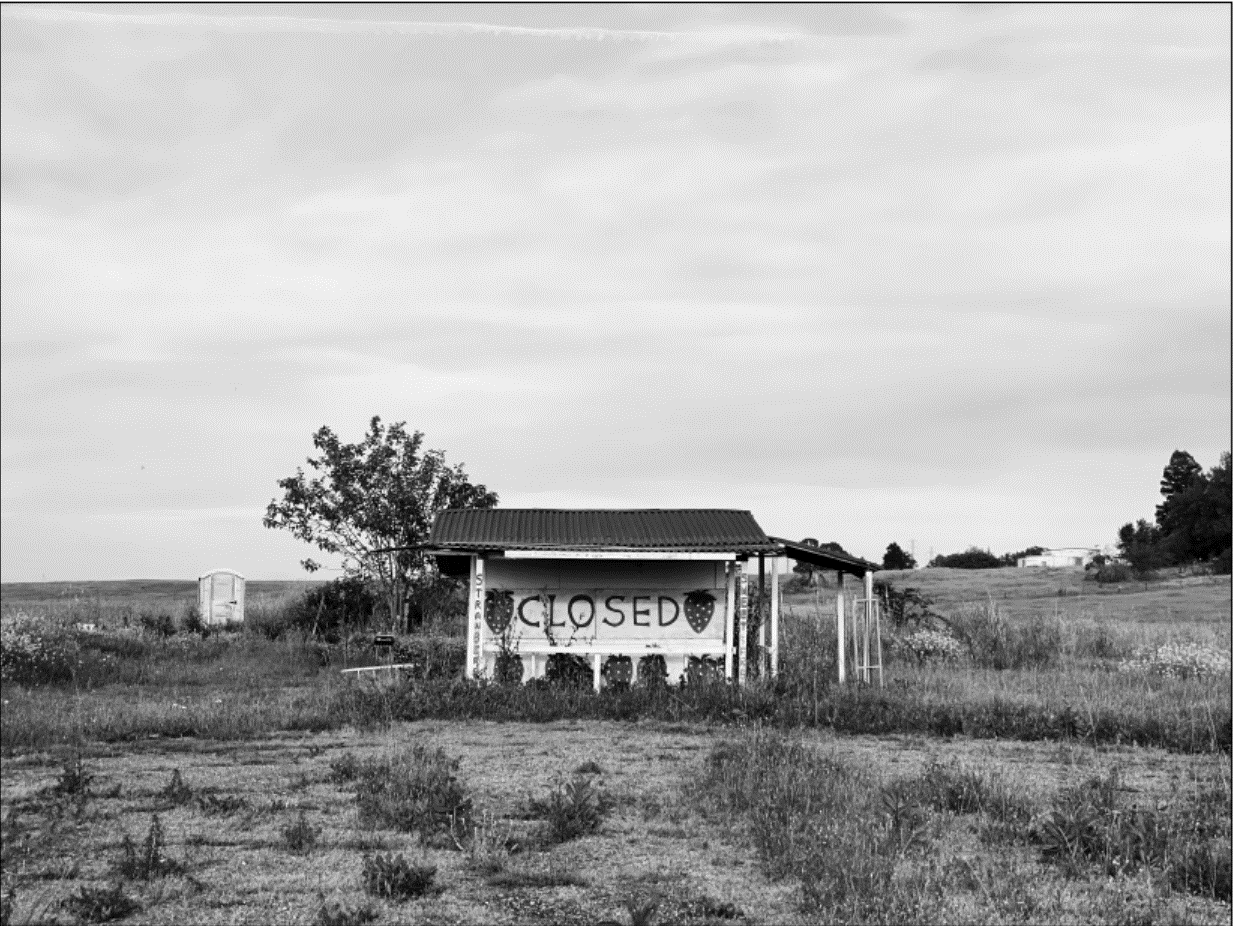
Author: KRISTINA GUZMAN
Campus: UC Davis

Photographer Statement: "During the pandemic of 2020 and 2021, the economic impact to underserved communities affected all aspects of life, including health. The economic impact caused most places that served these communities to close down or severely limit the services and products available. This image captures one such impact. A closed fruit stand serves as a stark reminder that farm workers, farm owners, and those served by these small, community farms were negatively affected."
